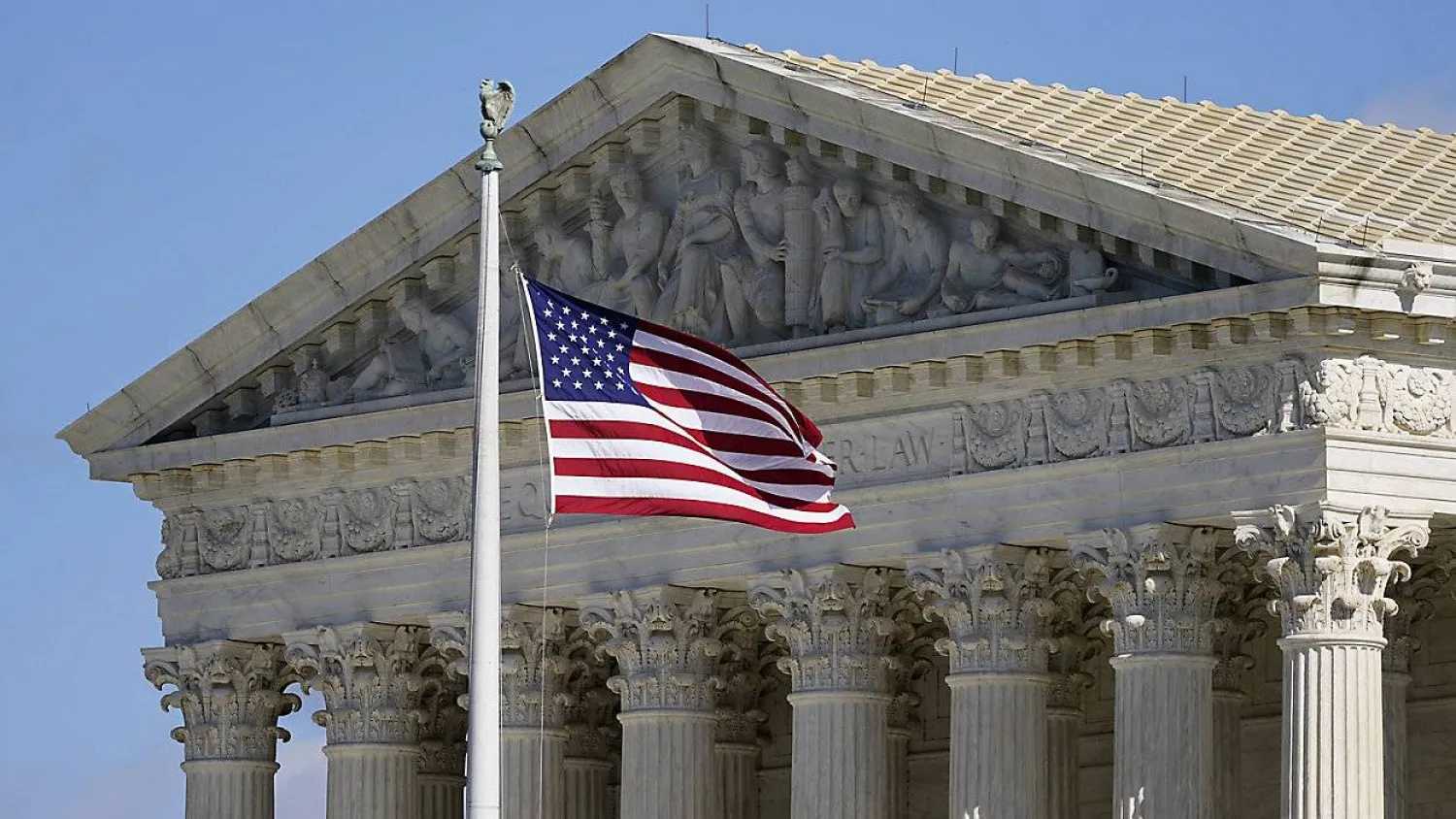An 82-year-old man has been spared jail for killing his wife who suffered from Parkinson’s disease in an “act of mercy,” reported Sky News.
Martin Rudin admitted killing retired teacher Gabriella Rudin, 75, at their home in Histon, Cambridgeshire, early last New Year’s Eve.
She had recently returned from hospital after suffering a fall and had told her son the day before her death she wanted to “go to Belgium” to die.
Rudin, a retired civil engineer, handed himself into police on January 9, telling officers his third wife had been “begging” him to kill her and said: “I just couldn’t bear it any longer, for her or me.”
He denied murder but admitted manslaughter by diminished responsibility, which was accepted by prosecutors, and was sentenced on Thursday to two years imprisonment, suspended for two years.
Judge Mark Bishop said the “tragic case” involved a couple - who had been married for 11 years after meeting online - who had led a “loving and content, interesting life together.”
The judge said Rudin was not coping with the “strain of being the principal carer,” adding: “I accept at the time he did believe he was doing what he believed to be an act of mercy.”
“It is clear Mrs. Rudin had been speaking of wanting to die and I accept the defendant was overwhelmed by her expression of wanting to die, given his depressed state,” he continued.
The judge said that while frail and vulnerable people needed the protection of the law, “the facts of the case require the court to take a merciful course.”
Mrs. Rudin was diagnosed with Parkinson’s disease in 2018, was admitted to hospital after a fall last December, and was prescribed antidepressants before being discharged on Christmas Eve.









